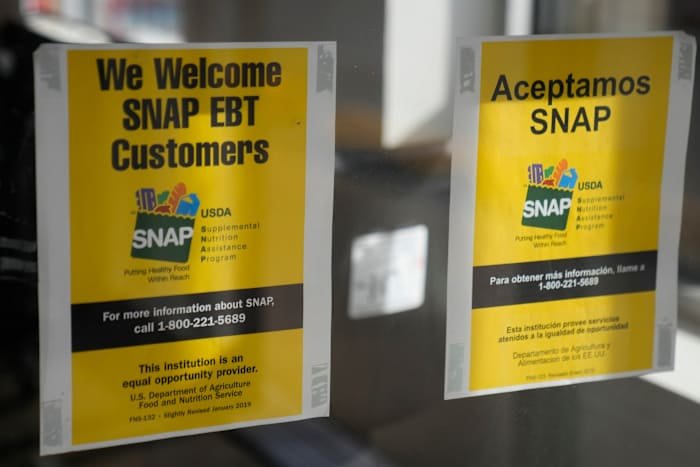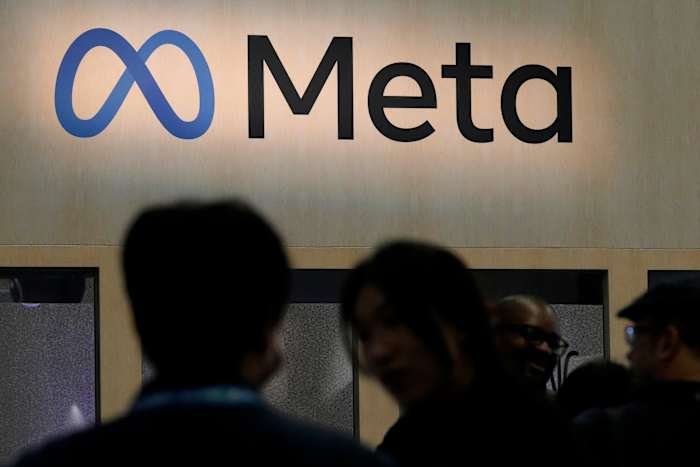As the federal government teeters on the brink of a shutdown, uncertainty over food assistance programs is mounting. Orlando residents who rely on vital federal food aid are facing growing anxiety, with the crisis in Washington threatening to disrupt essential services at the worst possible time. With the shutdown fight reaching a critical point, the twin crises—political gridlock and the looming threat to social safety nets—are causing ripple effects across Central Florida.
How the Shutdown Fight Impacts Federal Food Aid Programs
At the heart of the government shutdown debate in Washington are budgetary disagreements that have left agencies and programs across the nation in limbo. For millions of Americans, including thousands of families in Orlando, this means uncertainty about the continued availability of programs like Supplemental Nutrition Assistance Program (SNAP), Women, Infants and Children (WIC), and school meal initiatives.
If Congress fails to reach an agreement, funding for these programs could dry up or experience significant delays. While some programs have contingency funding that may last a few weeks, a prolonged shutdown would force agencies to limit or halt benefits altogether. This leaves Orlando families who depend on federal food aid in a precarious position, unsure about how they’ll put meals on the table in the coming weeks.
The Local Impact: Orlando Families and Food Banks Brace for Fallout
Central Florida has long struggled with food insecurity, and the potential loss or reduction of federal food assistance would exacerbate an already challenging situation. According to the Second Harvest Food Bank of Central Florida, demand for emergency food services spiked during the pandemic and remains high in 2024.
Orlando-area food banks and charities are preparing for a surge in need if the shutdown disrupts federal aid. “We’re bracing for an influx of families seeking help,” said a spokesperson for a local food pantry. “Our resources are stretched thin as it is, and if SNAP or WIC benefits are interrupted, we could see lines out the door.”
School districts could also be affected. Many Orlando students rely on free or reduced-price breakfast and lunch programs funded by the federal government. If funding is interrupted, local schools might struggle to continue providing meals, impacting children’s health and learning.
What Orlando Residents Need to Know Right Now
While the situation in Washington remains fluid, local authorities and nonprofit organizations are urging Orlando residents to stay informed:
- Monitor official updates: Agencies like the Florida Department of Children and Families (DCF) and the USDA regularly update the public on program statuses and benefit distribution.
- Seek local assistance: Food banks and pantries are ramping up operations to serve those affected by any disruption. Residents can find resources via Second Harvest Food Bank’s locator tool.
- Check eligibility and benefits: Households should review their current SNAP, WIC, or school meal eligibility and plan accordingly in case of delays or reductions.
Orlando officials are also working closely with local partners to provide support and publicize available resources. City leaders have encouraged anyone at risk of losing food assistance to reach out for help before the crisis deepens.
The Broader Picture: Economic and Social Implications for Orlando
The uncertainty over federal food aid is not just a humanitarian issue—it has broader economic and social consequences for the Orlando region. Disruptions in food assistance can lead to increased hardship for working families, higher demand at local charities, and even negative effects on local businesses.
For Orlando’s hospitality and service workers, many of whom rely on public assistance to make ends meet, the potential loss of benefits could be devastating. A reduction in federal aid would also put additional strain on local governments and nonprofit organizations already grappling with high demand for social services.
Moreover, the crisis could exacerbate existing inequities in Orlando’s communities, deepening divides along economic and racial lines. Families already struggling with housing costs, healthcare bills, and inflation may find themselves facing impossible choices without the safety net of federal food assistance.
What’s Next: Calls for Action and How Orlando Can Respond
As the standoff in Washington continues, advocates are urging lawmakers to prioritize funding for essential programs and protect the most vulnerable. Community leaders in Orlando are calling for a bipartisan solution that ensures continued support for families in need.
Meanwhile, residents can play a role by supporting local food banks, volunteering, or donating to organizations working on the front lines of food insecurity. Staying informed and advocating for swift action from elected officials can also make a difference as the crisis unfolds.
Conclusion: Your Voice Matters
The deepening uncertainty over federal food aid highlights the far-reaching impacts of political gridlock in Washington, especially for Orlando’s families and communities. As the shutdown fight reaches a crisis point, staying informed and supporting one another is more important than ever.
How is the shutdown fight affecting you or your neighbors in Orlando? Are you concerned about the potential loss of food assistance? Share your thoughts and experiences in the comments below. Let’s keep the conversation going and support our community through these challenging times.
















